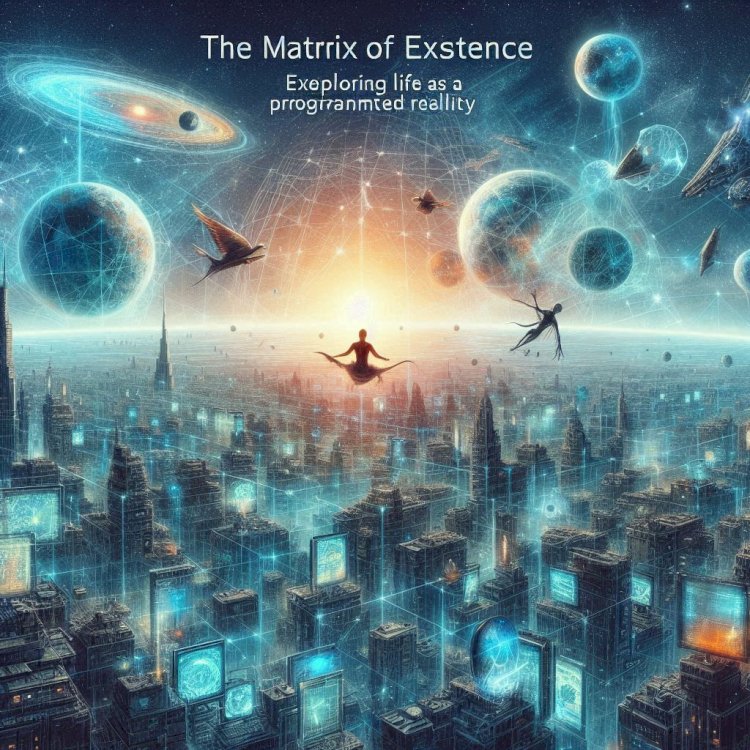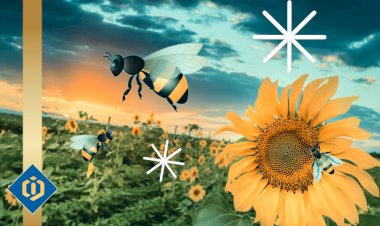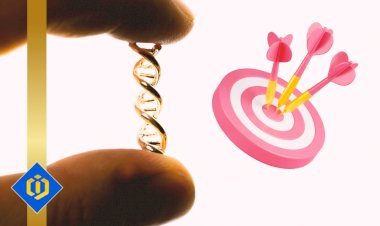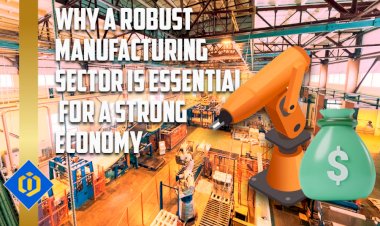Life as a Construct: Unveiling the Programmed Nature of Our Existence

By Dr. Pooyan Ghamari, Modern World Analyst
In today's complex landscape, Friedrich Nietzsche's bold proclamation that "God is dead" continues to reverberate, albeit with a profoundly altered significance. The rapid advancements in fields such as genetics, technology, and artificial intelligence have fundamentally reshaped our understanding of life and the universe. It’s as if we've lifted the veil, exposing the intricate coding that underlies our reality and compelling us to explore a pivotal question: Are we merely biological entities functioning as sophisticated machines, or is there a greater intelligence—a creator or creators—behind the tapestry of existence?
Recent scientific advancements invite us to view humans as intricate systems influenced by genetic programming, reminiscent of advanced robots operating within an expansive network. Our genetic makeup serves as an operating manual, dictating our traits, behaviors, and interactions within a multifaceted ecosystem. Observing the world from this angle reveals that every living being and every aspect of nature has a role within a meticulously organized system, hinting at a purpose and intention that raises the possibility of a simulation or a grand design by a higher intelligence.
Contemplating the existence of a creator or creators behind the elaborate fabric of life pushes us to examine the essence of our reality. Could there be an intelligence that has engineered the intricate ecosystem, programming each living being to interact in ways that support and evolve the whole? Imagine life as an intricate game or simulation, where every individual, animal, and element is assigned a specific role, intricately woven into a narrative far more complex than our immediate perceptions suggest.
Embracing the notion that life operates like a structured program prompts profound inquiries into the purpose and meaning of our existence. What if the rules we follow, the instincts that guide us, and the environments we inhabit are all components of a larger design? Each geographical area exhibits unique rules and dynamics, similar to different levels in a video game. In this framework, each individual has a distinct function within this "constructed reality," pursuing objectives set by a comprehensive design.
This leads us to an essential question: Who is the architect? If we are, in fact, characters in a complex simulation, are we simply subjects of an experiment? Are we players in a grand game, or might we be the result of an elaborate academic project conceived by a higher intelligence? Is there a supreme being or multiple entities observing and shaping our experiences, or is our reality a self-sustaining system?
Traditionally, the concept of God or gods has served as a framework for understanding creation and purpose. Yet, in the contemporary world, this perspective has shifted. Our insights into genetics, technology, and ecosystems compel us to redefine the notion of a "creator." The delicate balance of nature, the coded instructions within our DNA, and the behaviors of living organisms suggest a programmed order rather than chaos. The digital reality or simulation theory posits that our existence is part of a highly sophisticated construct, bridging scientific inquiry with our quest for deeper meaning.
This perspective challenges us to reconsider our roles within this intricate system. If we inhabit a reality governed by unseen forces or designs, we must ask ourselves: Are we mere passive players, or do we have the ability to transcend our programming and influence our destinies? By uncovering the rules of the game, can we impact its outcomes, or are we constrained by the parameters established by an unknown creator?
As technology continues to blur the lines between human and machine, these questions become increasingly significant. Our understanding of artificial intelligence and robotics parallels the complexity of human life. Are we fundamentally distinct from advanced robots driven by algorithms, or do we possess a consciousness that enables us to transcend this programmed existence? This inquiry goes beyond mere philosophy; it shapes our self-perception and our capacity to mold our realities.
Living within a designed system implies that our lives extend beyond survival; they invite us to explore the deeper layers of reality. Our purpose may not be limited to blindly playing the game but includes questioning, decoding, and unveiling the rules governing our existence. We are, in essence, both players and explorers, capable of uncovering hidden truths and seeking to understand the purpose behind our reality.
Delving into this constructed reality also leads us to consider the concept of a collective purpose. If humans, animals, and ecosystems are interconnected components of a greater system, then our individual lives may contribute to a larger narrative—one of growth, evolution, and exploration. If creators exist behind the scenes, their intention might extend beyond mere observation, guiding us toward greater self-awareness, cooperation, and understanding of our roles within the broader context of existence.
As we navigate this intricate journey, we confront the balance between our autonomy and the potential reality of a pre-designed existence. If we are indeed part of an elaborate game or project, our task may involve embracing our roles while questioning, exploring, and seeking to comprehend the larger purpose that underlies our reality. We may not have all the answers, but acknowledging our place within this construct and our ability to influence it opens avenues for new perspectives on life, technology, and the intricate layers of reality shaping our daily experiences.
Ultimately, the quest for meaning in a world of interconnectivity is not about dismissing the idea of higher forces; it is about exploring the depths of our existence. Whether we are participants in a simulation, part of a grand experiment, or products of intentional design, the journey toward understanding our reality enriches our experience. Our awareness and conscious actions in navigating this "game of life" may well be the keys to unraveling the mysteries of the construct we call existence.

 content-team
content-team 


















